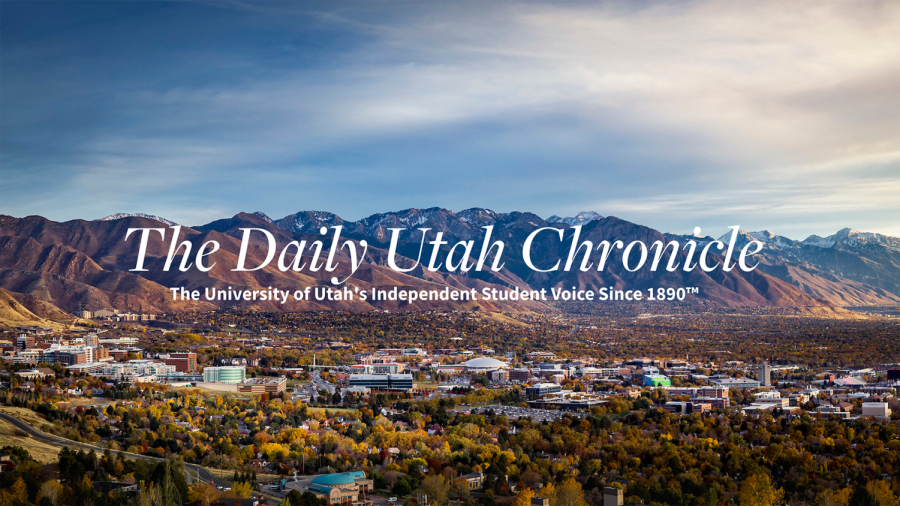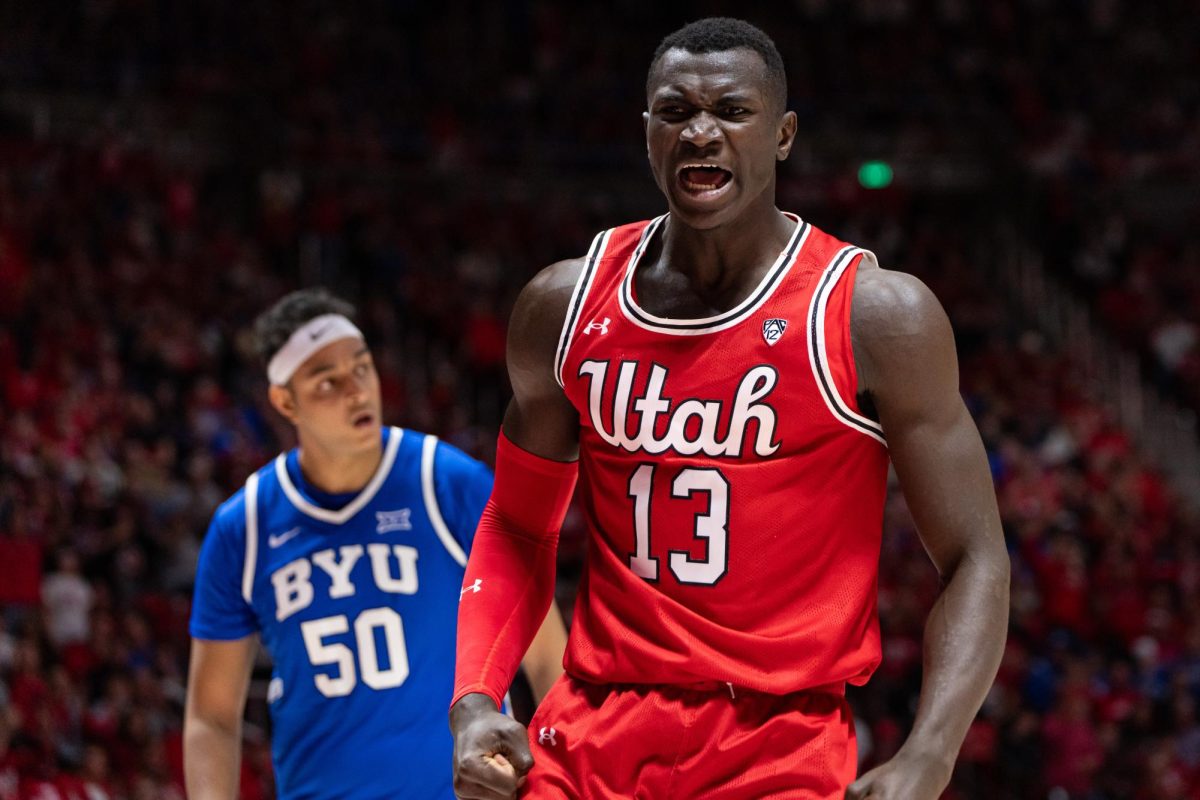George Takei Gives 2022 MUSE Keynote Speech on Rebuilding
May 1, 2022
On Thursday, April 21, George Takei was the 2022 keynote speaker for the University of Utah’s My U Signature Experience Project (MUSE).
Takei is a human rights activist for the LGBTQIA+ community and Japanese Americans. His role in the original Star Trek helped trail-blaze the way for Asian representation in the media.
MUSE holds various events on campus throughout the year. Since 2013, the annual keynote speaker event has brought many notable figures to the U, such as current President Joe Biden in 2018 for the theme of purpose and Supreme Court Justice Sonia Sotomayor in 2015 to speak on justice.
At the 2022 event, MUSE Director Mark Matheson lauded Takei’s achievements and resilience. Then, environmental justice leader and student Julianne Liu introduced Takei.
“As we all work towards a more just future, it is imperative that we follow Mr. Takei’s example of telling our stories and building and repairing the bridges throughout our community, as he has done throughout his entire life,” Liu said.
Takei’s speech theme was rebuilding. He focused on his experiences growing up in internment camps during World War II. His graphic novel “They Called Us Enemy” highlights his family’s struggles with patriotism and Japanese identity in the camps.
The president of the Asian American Student Association asked him how he avoided anger in his fight for equality.
“The fight for equality is a local fight,” Takei said. “This question turns to my parents’ experience. If they stayed angry and jaded, then nothing will be done.”
As a part of the event, MUSE provided attendees with the opportunity to pick up a copy of Takei’s book to be signed by Takei at the post-event book signing.
Takei’s talk was a story of resilience. He recalled words his father told him: “We’re going for a long vacation in the country.”
His family was held in two different internment camps, first at Rohwer Japanese American Relocation Center in Arkansas, then to Tule Lake in California.
Takei spoke on the inconsistencies that came with the loyalty questionnaire that was presented to all Japanese Americans in the camps, saying “my parents were categorized as disloyal.”
He described the labor at the camps, the constant and intimidating military presence, the shouts of the rebellious young men as they ran to work off the frustrations they felt with their situation. Takei spoke about the way rumors about the atomic bomb tortured his mother for weeks, until she found peace.
Takei shared his experiences as a young adult, including how he came to be involved with acting and activism and how his father’s architectural dreams for him did not stick. Takei recalled meeting Dr. Martin Luther King Jr. and how it inspired him.
“And so I became a political activist,” Takei said.
Takei ended the keynote speech with an analysis of the current state of activism in the United States. A state dinner in 2015 deeply moved him. He compared relations between the United States and Japan in his lifetime.
“In the middle of the table sat the president of the United States and the prime minister of Japan, and I thought, only seven decades before, Japan [and] the United States were mortal enemies,” he said. “And here are the two leaders sitting side by side. The American President Barack Obama — the first African American president of the United States — and the Prime Minister of Japan, Shinzo. To his left sat the First Lady of America, Michelle Obama, and to the left of President Obama, sat the First Lady of Japan. And to her left, sat me.”
Takei offered a final thought.
“It was a living, dynamic democracy that I saw there,” he said. “And I thought: America is changing and it is headed in the right direction. America will be okay.”








